Some of the links in this post are affiliate links. This means if you click on the link and purchase the item, I may receive an affiliate commission at no extra cost to you.
The Cost of Living in China – An Expats Guide: Due to the cheap cost of living in China it makes this location a popular choice within the expat community. Living in China is unique, with China offering some challenges when it comes to cultural differences.
However there is one thing that is quite easy to do when living in China, and that is save money. The cost of living in China is extremely cheap, with an expat being able to save the majority of their salary if they eat locally and are savvy with their money.
Read on as we’ll give you the break down on the cost of living in China form an expats point of view.
Must Haves
Don’t forget to pack the following three items if going to China: a good quality (but affordable) memory card, an international plug adapter, and noise reduction earphones. Not only will you want to capture every single memory, but also, you’ll definitely need to charge your electronics. Beyond that, earphones are perfect for train and bus rides, as China is a giant country so its a great place to listen to your Taylor Swift playlist from start to finish.
Pin it!
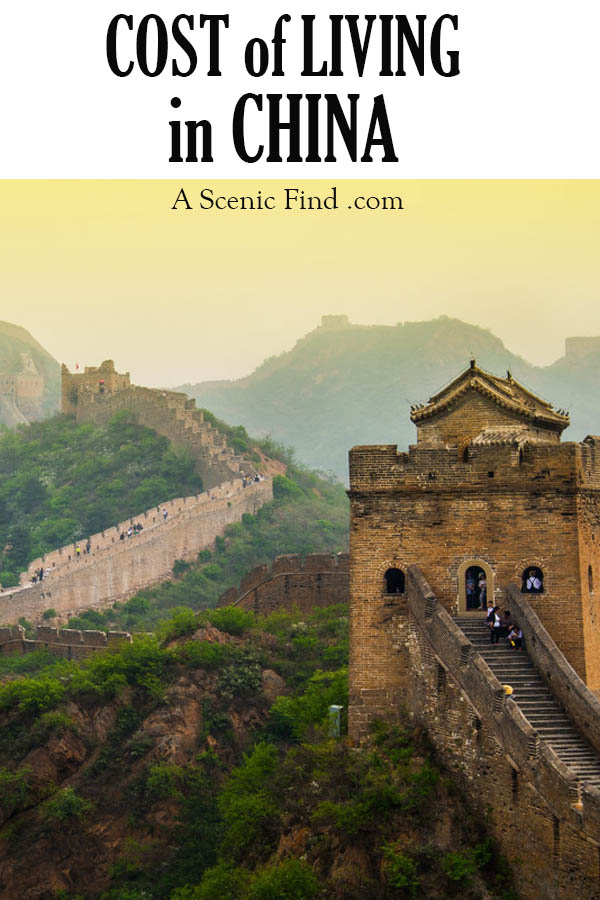
Average Salaries (for Foreign Teachers)
The cost of a salary in China can vary depending on where in China you are working. If you’re working in a smaller city a salary of 8,000 – 12,000+ RMB is reasonable, while in a larger city like Shanghai, Beijing, or Hangzhou the salary is closer to 12,000 – 20,000 RMB.
While you do earn less in a smaller city, the cost of living is a lot cheaper, with this being reflected most in the cost of rent. Due to the cheaper cost of living in a smaller city, they generally provide you with the best opportunity to save money, even when compared with a larger city and earning more initially.
At the end of the day it’s not about how much you start the month with by being paid, but rather how much you can save at the end which is what’s more important.
Standard Cost of Living in China
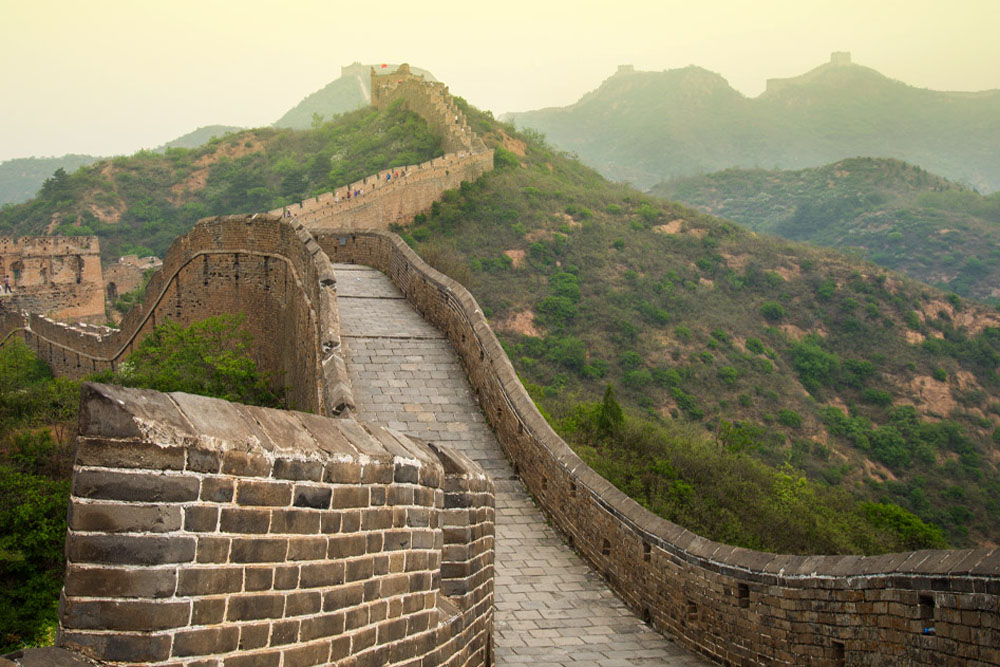
Below is a general cost of living in China from a range of products. The exchange rate I’m using is $1 USD = 6.58 CNY (Chinese Yuan/RMB/¥).
Housing Cost
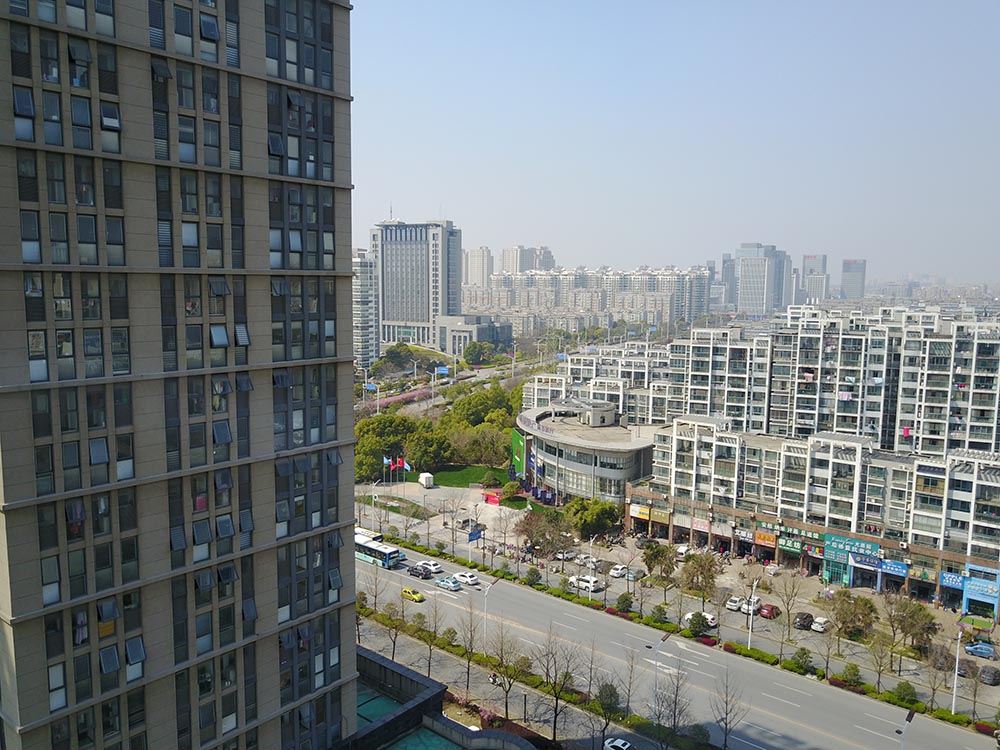
Rent: Smaller city 1500 – 2000 RMB per month ($227 – 303 USD). Bigger city 2000 – 3000 RMB ($303 – 455 USD)
Cost of Electricity for two for 3 months: 250 RMB ($37.98 USD) – 1 Month = 83 RMB ($12.45 USD)
Cost of Water for two for 3 months: 45 RMB ($6.8 USD) – 1 Month = 15 RMB ($2.25 USD)
Internet for 1 year: 800 RMB ($121 USD)
Food
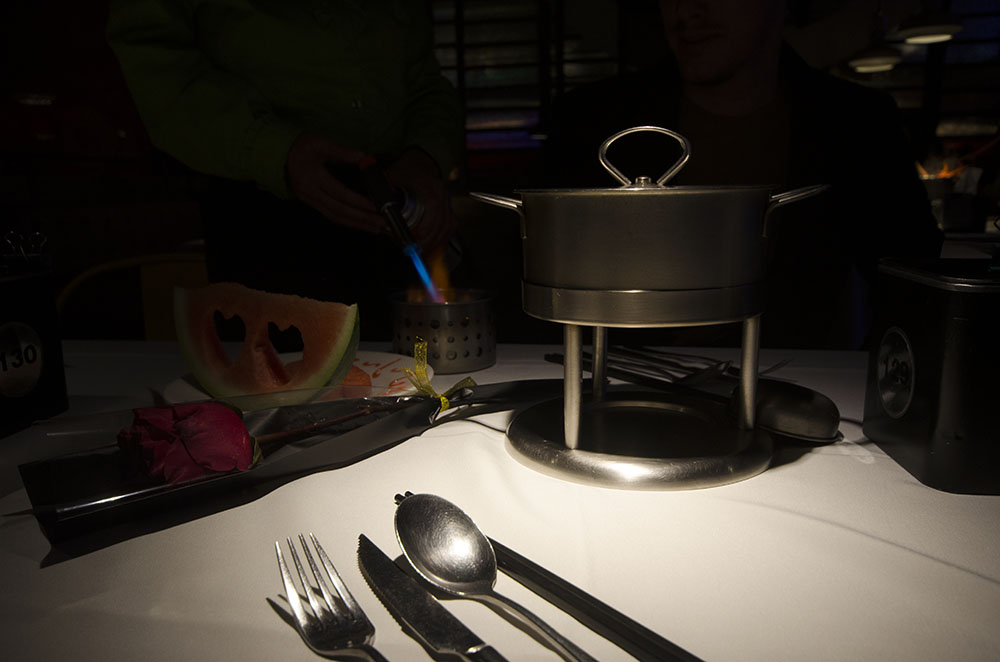
Bottle of Water: Smaller city 2 – 3 RMB ($0.30 – 0.45 USD). Bigger city 3 – 5 RMB ($0.45 – 0.76 USD)
Bottle of Coke: Smaller city 2 – 4 RMB ($0.30 – 0.60 USD). Bigger city 3 – 5 RMB ($0.45 – 0.76 USD)
Chicken Breast 1 kg/2.2 pounds: 10 – 14 RMB ($1.59 – 2.12 USD)
Beef 1kg/2.2 pounds: 70 RMB ($10.50 USD)
Beef Mince 1 kg/ 2.2 pounds: 30 RMB ($4.50 USD)
Apples 1 kg/2.2 pounds : 7 – 12 RMB ($1.06 – 1.82 USD)
Bananas 1 kg/2.2 pounds : 8 – 10 RMB ($1.20 – $1.50 USD)
Tomatoes 1 kg/2.2 pounds : 10 – 14 RMB ($1.50 – $2.11 USD)
Oranges 1 kg/2.2 pounds : 7 – 10 RMB ($1.05 – $1.50 USD)
Onions 1 kg/2.2 pounds : 7 – 10 RMB ($1.05 – $1.50)
Loaf of Bread: 8 – 12 RMB ($1.20 – $1.82 USD)
12 Eggs: 8 – 12 RMB ($1.20 – $1.82 USD)
1 Litre of Milk – 10 – 18 RMB ($1.59 – $2.74 USD)
Cheese 1 kg/2.2 pounds: 80 – 120 RMB
Rice 1 kg/2.2 pounds: 10 RMB ($1.59 USD)
Transport

Initial Cost of Taxi: Smaller city 9 RMB ($1.36 USD). Bigger city 11 – 13 rmb ($1.67 -1.97 USD)
Public Transport Buses: Smaller 1 – 3 RMB . Bigger city 1 – 3 rmb ($0.15 – 0.45 USD)
Public Transport Trains: Smaller city – no infrastructure. Bigger city 2 – 7 RMB ($0.30 – 1.07 USD)
E-bike: 400 – 1000 RMB ($60 – 150 USD) – these are especially popular in smaller towns.
Bike Card (Deposit – Returned when card is returned): 330 RMB ($50 USD)
Entertainment
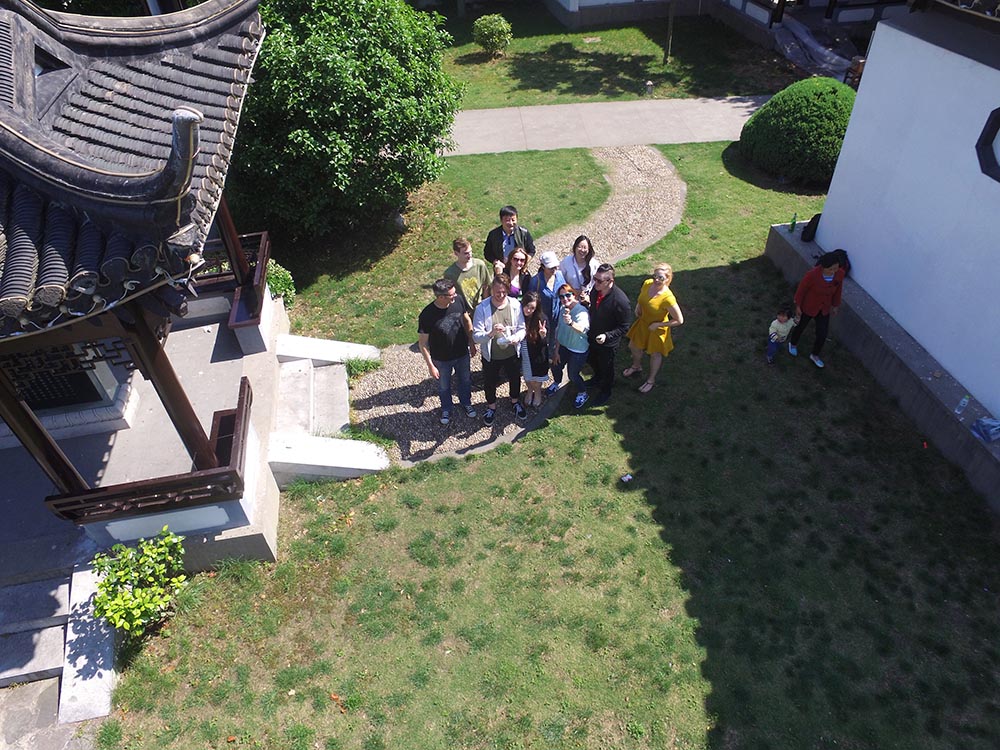
Chinese Beer: 2 – 5 RMB ($0.3 – 0.76 USD)
Pack of Cigarettes: 10 – 20 RMB ($1.59 – $3.02 USD)
Meal At a Local Restaurant: Smaller city 10 – 25 RMB ($1.5 – 3.8 USD). Bigger city 15 – 30 RMB ($2.27 – 4.55 USD)
Large Big Mac Meal: 45 RMB ($6.8 USD)
Large Pizza at Pizza Hut: 100 – 120 RMB ($15.18 – 18.22 USD)
Cup of Coffee: 20 – 30 RMB ($3.02 – $4.50 USD)
Tickets To The Cinema: 50 RMB ($7.52 USD)
Health and Fitness/Medical
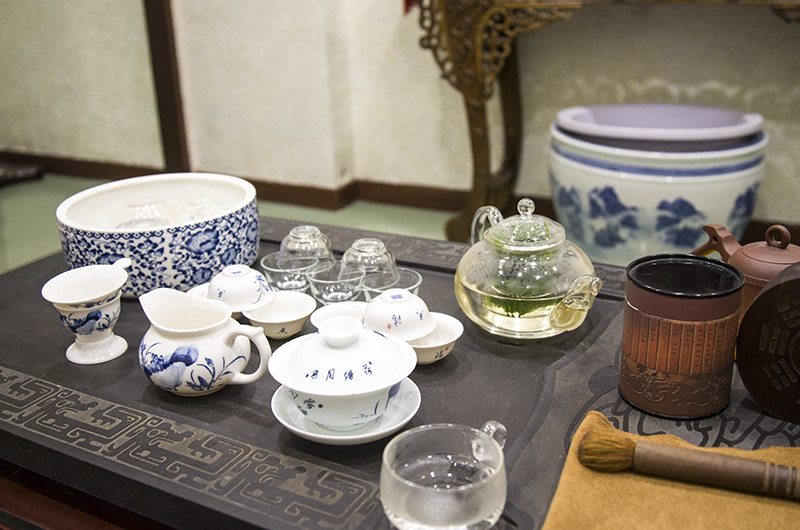
1 Year Gym Membership: 300 RMB ($45 USD)
Wisdom Tooth Extraction including Medication: 450 RMB ($68.33 USD)
Chinese Traditional Medicine: Ranges in price – find out more information on Chinese Traditional Medicine here.
Clothing
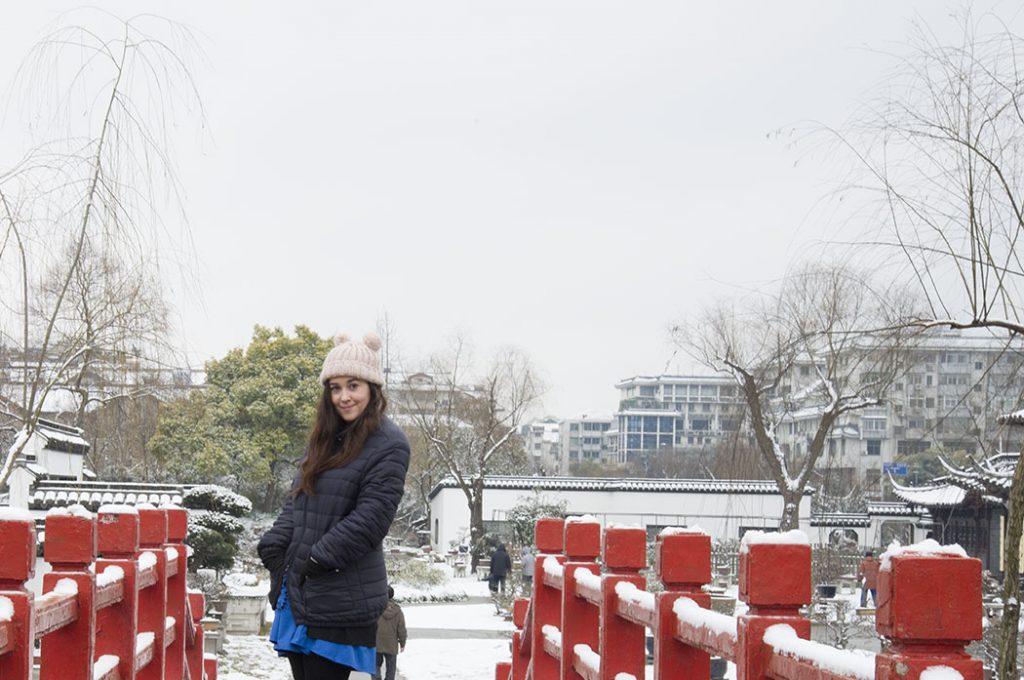
Dress From H&M: 199 RMB ($29.95 USD)
Shirt From H&M: 199 RMB ($29.95 USD)
Jeans From H&M: 300 RMB ($300 USD)
Shoes From H&M: 250 RMB ($37.60 USD)
Things are generally cheaper in China when it comes to food, public transport and rent. When it comes to imported goods, that’s when things can be slightly more expensive in China.
This includes foods like chocolate and beef, some imported clothing brands, while imported electronics more specifically from Japan can be a little more expensive.
If you buy a Chinese electronic equivalent it’ll more than likely be cheaper, this is true for mobile phones and the Chinese brand of Lenova.
From my 10,000-12,000 RMB salary (with very minimal tax), I was able to save the large majority of that. Compared to living costs in Australia it’s a welcomed change to being able to save quite a bit.
From my salary I am able to live quite comfortably even when saving. If you weren’t saving than you could very comfortably, bordering on living like a king all due to the cheap costs of living in China.
Pin it!


Leave a Reply